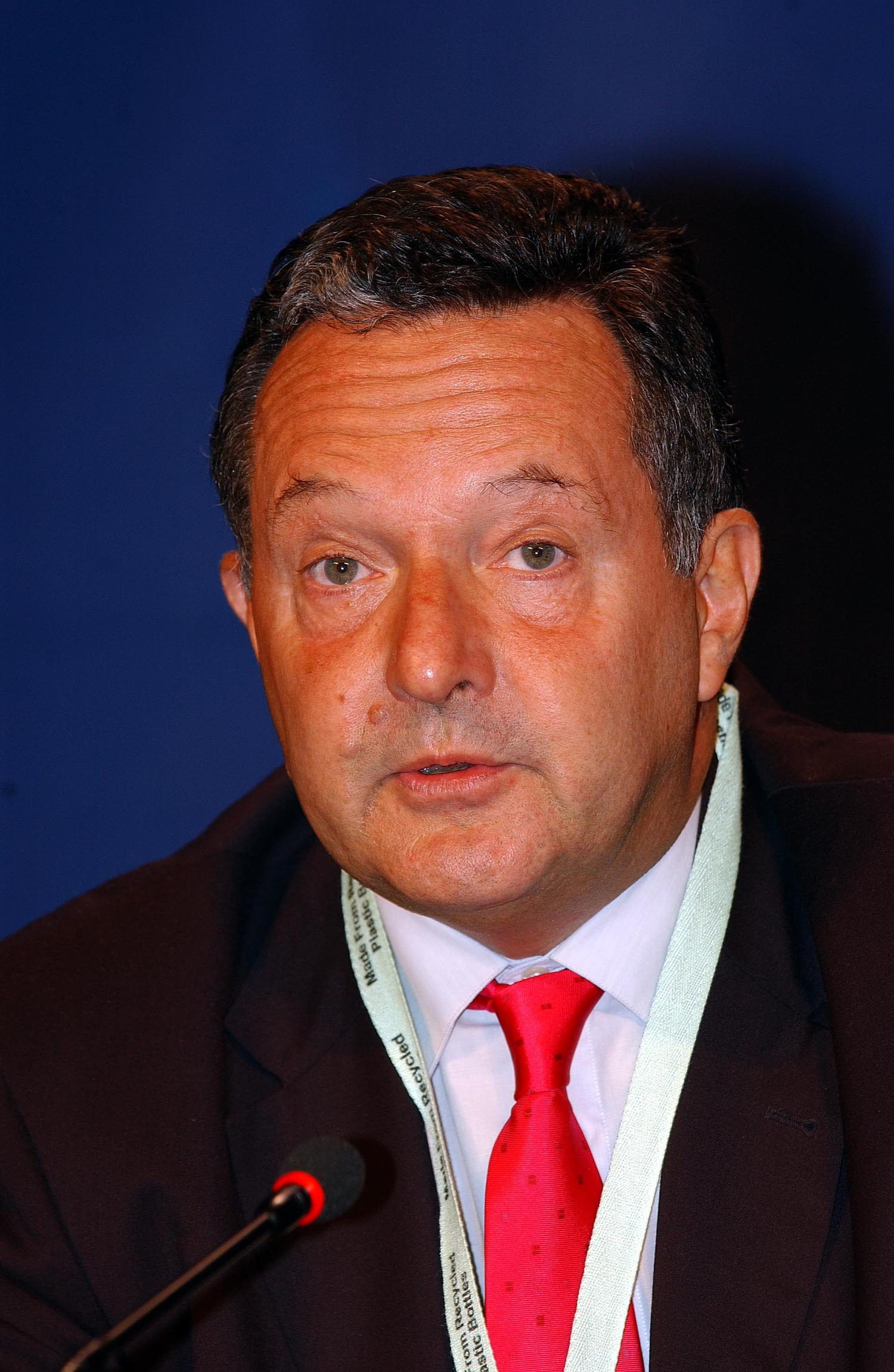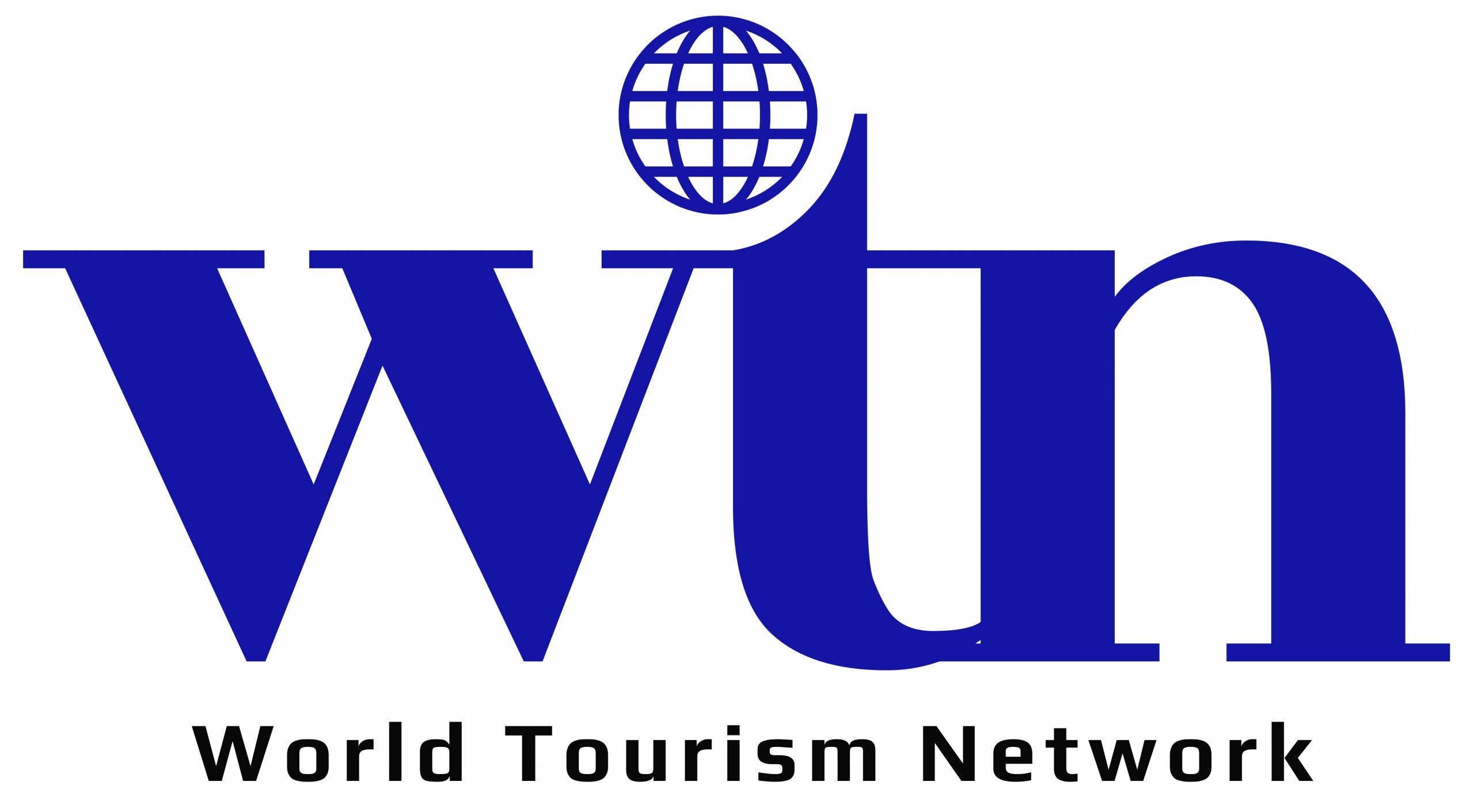
Francesco Frangialli, UNWTO Hon. Sec. General response to Open Letter
Dear Representatives of the Member States of the World Tourism Organization,
I am writing to you in my capacity as former Secretary-General of the World Tourism Organization. For those who are not familiar with prehistorical times, I was Deputy Secretary-General from 1990 to 1996, Secretary-General ad interim in 1996-1997, and Secretary-General from 1998 to 2009. During the period 2001-2003, I led the conversion of our Institution into a specialized agency of the United Nations.
Having been in charge of the Secretariat imposes, from my point of view, some self-restraint, especially at a time when the Organization is engaged in an electoral process of designating its Secretary-General for the four years to come. This is why, despite the fact that I share most of the ideas expressed in this text, I did not sign the open letter that a group of high-level formal officers sent to you.
But the recent letter circulated in response to the Members by the incumbent Secretary-General and the wrong accusations it contains force me to react publicly on two points.
First of all, if it aims at the period when I was in charge, I cannot accept the statement that “irregularities were made and many important Member States withdrew, a situation which the Organization has been trying to remedy since that time”.
When referring to “irregularities”, one cannot stay vague. Every irregularity should be identified. It has to be said when it took place, who was responsible for it, and which country left as a consequence.
It’s exactly what is called a Stalinist trial
When I was Secretary-General, no important country left the Organization.
When I joined WTO as a young Deputy Secretary-General to Antonio Enriquez Savignac, the Organization was in complete disarray. Many countries in Central America, such as Costa Rica and Honduras, and in Asia-Pacific, such as the Philippines, Thailand, Malaysia, and Australia, had left; the United States were to follow rapidly. With my predecessor, and, later, in command myself, we succeeded in reversing that trend.
hen I left UNWTO in 2009, the Institution had 150 Members. All the Asian countries which had previously left had rejoined, and new ones in this part of the world, which is vital for the tourism industry, had come. Important countries such as Saudi Arabia, Croatia, Serbia, Ukraine, Kazakhstan, and South-Africa, and many others, had joined. Latvia, Lithuania, the United Kingdom, Norway, Australia, and Canada were Members.
I had received a letter from the government of New Zealand expressing its intention to join. The Secretary of Commerce of the United States had recommended the same move to his President. Reading the Secretary-General’s letter, I am pleased to learn that the present management is working to “remedy” the absence of some major countries. I note that it has been in charge for four years and that there is no result.
Thanks to the contributions coming from these “rich” countries, but also to careful overhaul management, and a strict limitation of the staff costs, which has been lost of sight, UNWTO enjoyed at the time when I left, a substantial financial surplus, allowing to fund a rich and diversified program of activities for the upcoming budget period 2010-2011. If a “severe financial deficit” has existed or exists today, it does not date from this period of time.
Secondly, I cannot agree with the assumption that, since it was approved by the Council, the procedure of the nomination of a candidate to the post of Secretary-General was decided and implemented in a correct, transparent, and democratic manner. It was nothing of the sort.
Along with my successor as Secretary-General, Dr. Taleb Rifai, and without interfering in any manner in the choice to be made, we warned in due course of the risk involved by the timetable proposed by the Secretary-General-candidate and accepted by the Executive Council at its 112th session in Tbilisi. Had our voices been heard, the doubt that now affects the legitimacy of the whole electoral process would not exist.
Meeting in the home country of the incumbent at the moment when many members of the Council were unable to travel because of the pandemic and when many of them were represented by their embassies to Georgia, clearly introduced a bias.
The Council approved a timetable which made it impossible for potential candidates to declare themselves, to get support from their governments, to elaborate and circulate their program, and to campaign normally. This totally unjustified time constraint, along with the prevailing sanitary conditions and the period of the end of the year, prevented possible candidates to pay visits to the voting countries. Having the election held in Madrid was also favoring the outgoing Secretary-General, as a former ambassador to Spain. All this put together gave to the incumbent an unfair competitive advantage over possible competitors.
The pretext of the ridiculously short span of time between the two sessions of the Council was to have the 113th session in Madrid along with the important tourism fair in Spain, the FITUR. This was simply hiding the truth to the Members, since it was clear from the very beginning that, because of the pandemic, the FITUR would not take place as planned in January. As pointed out in the letter I cosigned with Taleb Rifai, the hard sanitary environment should have led to the opposite solution: to hold the Council’s session as late as possible, in springtime as usual, or even at the beginning of the General Assembly.
In such circumstances, advancing the date was just cheating.
The outgoing Secretary-General is arguing in his letter that the procedure followed was strictly legal, and was falling “within the purview of the Executive Council itself”.
This is perfectly correct. But legality is not enough. In manipulating the process, you can be both legal and immoral.
The electoral procedure can be formally in accordance with the Statutes, but at the same time unfair and unequal. At the end of the day, not ethical.
As Sophocles wrote:
“There is a point beyond which even justice becomes unjust”.
I hope that the General Assembly, in its capacity of the “supreme organ” of the UNWTO, will do what is necessary to ensure a fair election in Madrid and a return to good management of the Organization.
I wish all of you a fruitful and pleasant stay in Spain.
November 22nd, 2021
Francesco Frangialli
UNWTO Honorary Secretary-General
